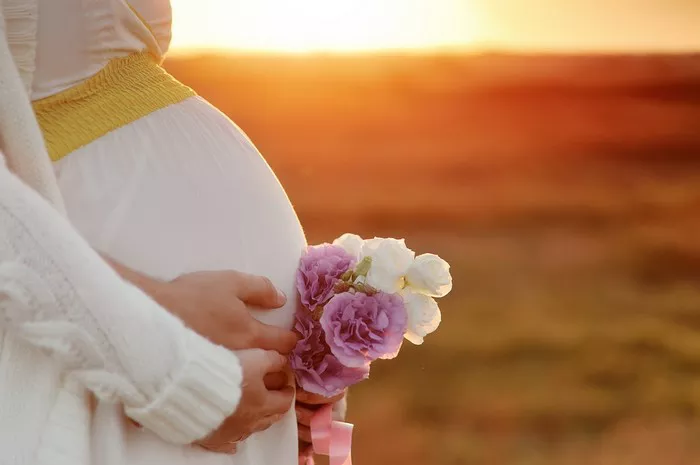Conceiving naturally at the age of 45 is a topic that stirs both hope and uncertainty in many women. While it is indeed possible, it’s essential to understand the biological factors at play. As women age, their fertility declines, primarily due to decreased egg quantity and quality. This decline in ovarian reserve can make it more challenging to conceive naturally. The chances of conception at 45 are significantly lower compared to younger ages, reflecting the biological reality that fertility decreases with age.
Statistical Chances
The statistical likelihood of natural conception at the age of 45 is sobering. Research indicates that less than 5% of women in this age group will conceive within a year of trying. These numbers underscore the importance of realistic expectations and the potential need for alternative approaches to conception.
Health Factors
Beyond age-related fertility decline, other health factors can impact a woman’s ability to conceive naturally. Conditions such as uterine fibroids or endometriosis can interfere with fertility by affecting the structure of the uterus or disrupting the normal function of the reproductive system. Addressing these health issues may require medical intervention to optimize the chances of conception.
Assisted Reproductive Technologies (ART)
For women facing challenges conceiving naturally at 45, assisted reproductive technologies (ART) offer a glimmer of hope. In vitro fertilization (IVF) is one such option that can increase the chances of conception. IVF involves fertilizing eggs with sperm outside the body and transferring the resulting embryos into the uterus. While ART can bypass some of the barriers posed by age-related fertility decline, it’s essential to weigh the potential benefits and risks carefully.
Risks and Considerations
Pregnancy at the age of 45 carries certain risks for both the mother and the baby. Advanced maternal age is associated with a higher likelihood of complications such as gestational diabetes, hypertension, and chromosomal abnormalities in the fetus, such as Down syndrome. It’s crucial for women considering pregnancy at this age to be aware of these risks and to work closely with healthcare providers to monitor and manage them effectively.
Success Stories
Despite the challenges, many women have successfully conceived and delivered healthy babies at the age of 45 and beyond. These success stories serve as inspiration and proof that age alone does not determine one’s ability to become a parent. Each woman’s journey to conception is unique, and while some may face obstacles, others may find unexpected success through perseverance and the support of medical interventions.
Alternative Options
For women who are unable to conceive naturally or through ART using their own eggs, alternative options such as donor eggs may be considered. Donor eggs offer a viable solution for women facing age-related declines in egg quality. By using eggs from a younger, healthy donor, women can increase their chances of successful conception and pregnancy.
Expert Advice
Seeking guidance from fertility experts is crucial for anyone considering pregnancy at an advanced maternal age. Fertility specialists can provide personalized advice and treatment options based on individual circumstances. It’s essential to consult reputable sources and gather information from qualified professionals to make informed decisions about fertility treatment.
Dr. Emily Jones, a reproductive endocrinologist, emphasizes, “While natural conception may be more challenging at 45, there are still options available to help women achieve their dream of becoming parents. It’s important to explore all available avenues and to seek support from a qualified fertility specialist.”
Healthy Pregnancy Tips
Maintaining a healthy lifestyle before and during pregnancy is essential, especially for women conceiving at an advanced age. This includes eating a balanced diet, engaging in regular exercise, managing stress levels, and avoiding harmful substances such as tobacco and alcohol. Prenatal care is also crucial for monitoring the progress of the pregnancy and addressing any potential complications promptly.
When to Seek Help
Knowing when to seek help from a fertility specialist is key for women trying to conceive at 45. If natural conception has not occurred after six months to a year of trying, or if there are known health issues affecting fertility, it’s advisable to seek medical advice promptly. Early intervention can improve the chances of successful conception and pregnancy.
Conclusion
In conclusion, while conceiving naturally at the age of 45 presents challenges, it is not impossible. By understanding the factors that influence fertility, exploring alternative options, and seeking guidance from fertility experts, women can increase their chances of realizing their dream of parenthood. Each journey to conception is unique, and with perseverance, support, and the right medical interventions, many women can overcome age-related fertility barriers and welcome a healthy baby into their lives.























